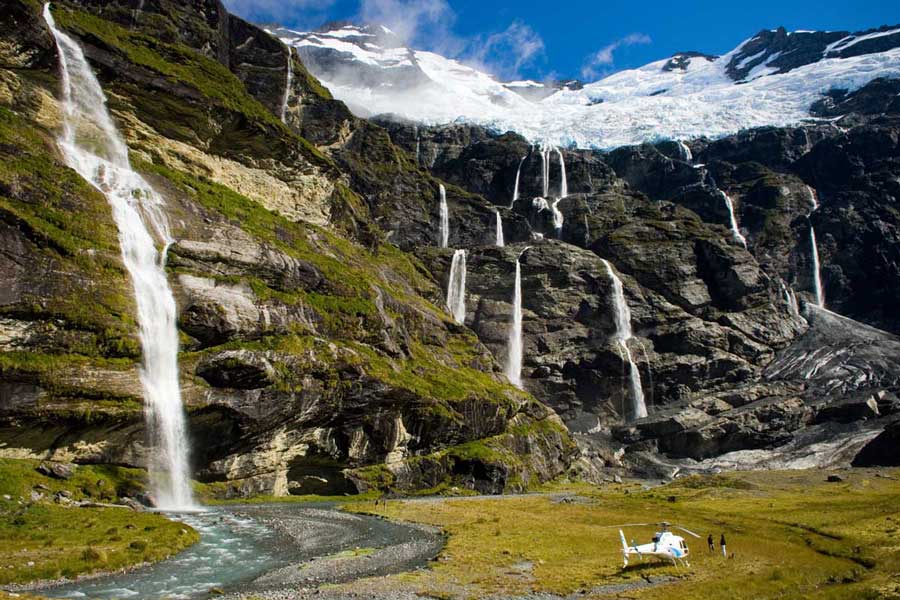Wilderness Travel: A Guide to the Great Outdoors
Wilderness travel is the experience of exploring and enjoying remote and undeveloped areas. It can be a challenging but rewarding activity, offering opportunities for solitude, connection with nature, and personal growth.
If you are new to wilderness travel, there are a few things akpulse.com you should keep in mind. First, it is important to be prepared. This means having the right gear, clothing, and food, as well as knowing how to use them. It is also important to be aware of the potential hazards of wilderness travel, such as weather conditions, wildlife, and terrain.
Second, it is important to be respectful of the wilderness. This means leaving no trace of your visit and respecting the plants and animals that call the wilderness home.
Here are a few tips for planning and enjoying a wilderness trip:
- Choose your destination. There are many different types of wilderness areas, each with its own unique challenges and rewards. Consider your experience level, interests, and fitness level when choosing a destination.
- Plan your route. Once you have chosen a destination, map out your route and let someone know where you are going and when you expect to be back.
- Pack the right gear. The gear you need will vary depending on your destination and the time of year you are traveling. However, there are some essential items that every wilderness traveler should have, such as a backpack, tent, sleeping bag, food, water, and first-aid kit.
- Be prepared for anything. The weather can change quickly in the wilderness, so it is important to be prepared for anything. Pack extra layers of clothing, rain gear, and sun protection.
- Leave no trace. When you are in the wilderness, it is important to leave no trace of your visit. This means packing out all of your trash and disposing of human waste properly.
Wilderness travel can be an unforgettable experience. By following these tips, you can plan and enjoy a safe and enjoyable trip.
Additional tips for wilderness travel:
- Travel with a friend or group. This is especially important if you are new to wilderness travel or if you are traveling to a remote area.
- Be aware of the wildlife. Many wilderness areas are home to wild animals. Be aware of the potential dangers and take precautions to avoid encounters with wildlife.
- Respect the environment. Leave no trace of your visit and respect the plants and animals that call the wilderness home.
Benefits of wilderness travel:
- Physical benefits. Wilderness travel is a great way to get exercise and enjoy the outdoors. It can also help to reduce stress and improve mental health.
- Environmental benefits. Wilderness travel can help to raise awareness of environmental issues and promote conservation efforts.
- Personal benefits. Wilderness travel can be a life-changing experience. It can help you to develop new skills, learn about yourself, and connect with nature on a deeper level.










